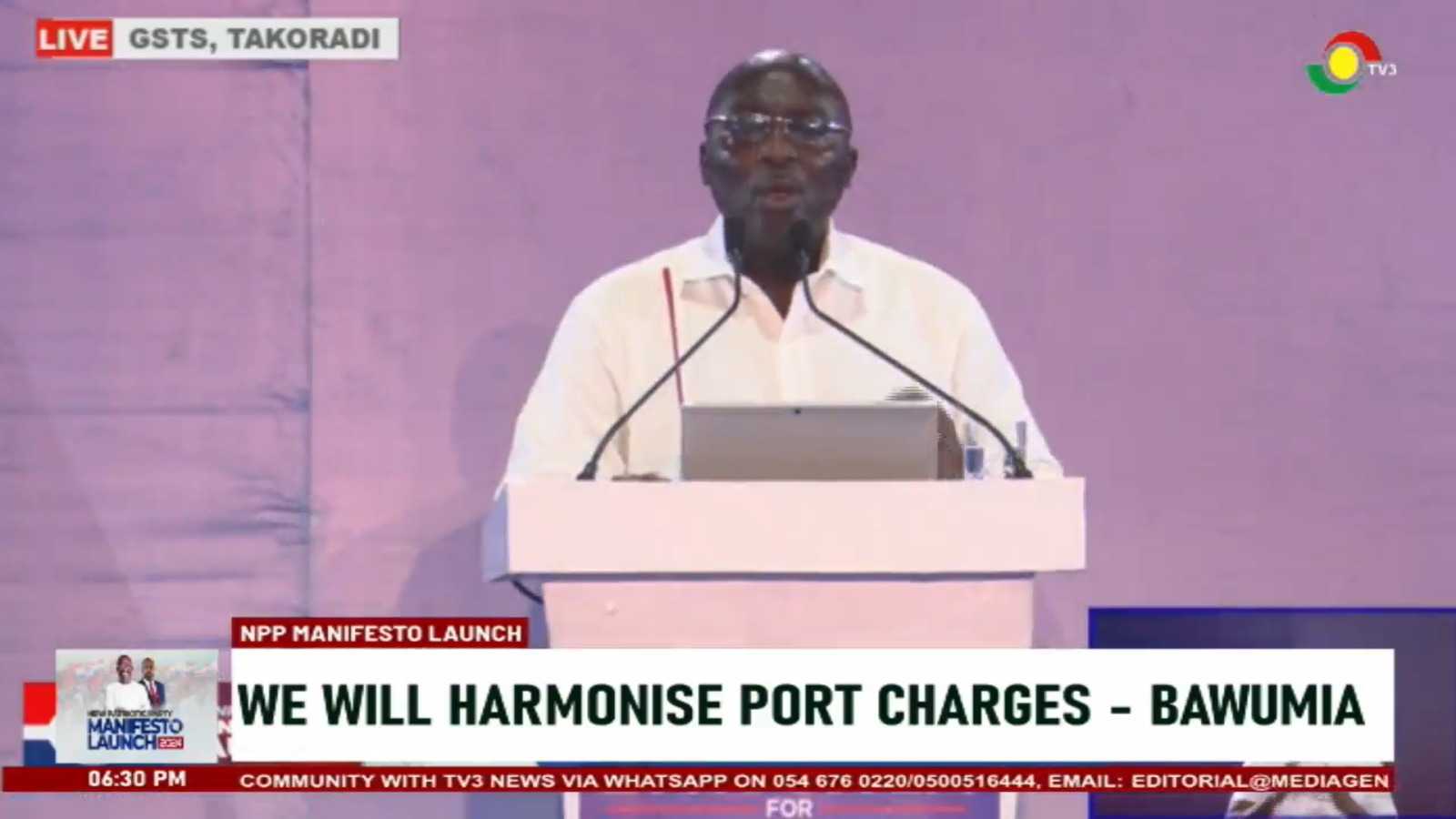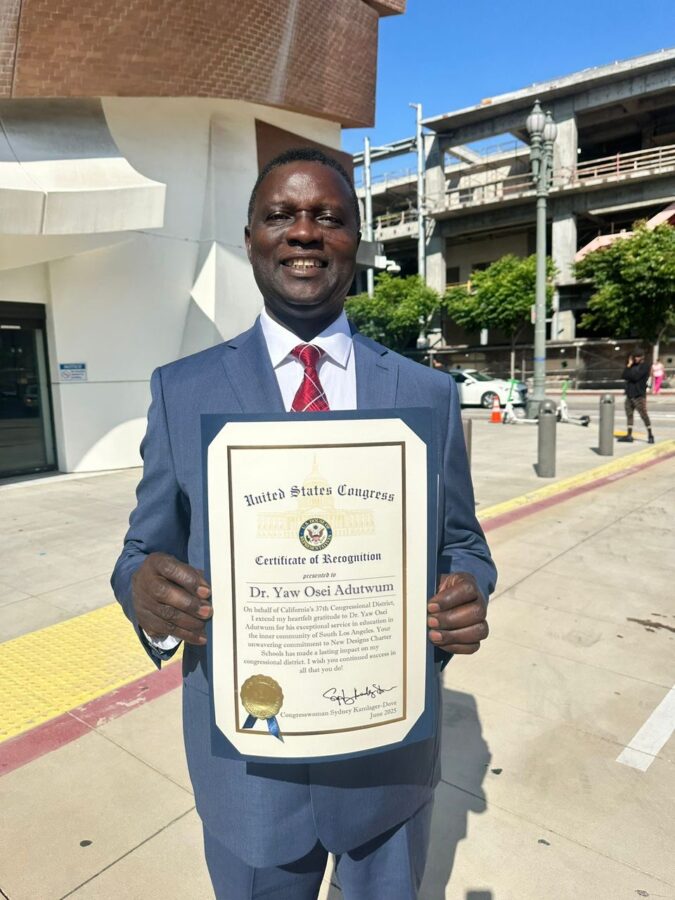
Dr. Mahamudu Bawumia, the New Patriotic Party’s (NPP) Flagbearer, has pledged to develop a top-tier digital economy to help his administration generate job opportunities for Ghanaians. He envisions a Ghana that harnesses technology, data, and systems to achieve inclusive economic growth.
Dr. Bawumia aims to utilize digital technology, STEM, robotics, and artificial intelligence to revolutionize sectors like agriculture, healthcare, education, manufacturing, fintech, and public service. A key part of his plan is to bridge the digital divide by increasing internet access from 70% to over 90% in the next four years, aligning with levels seen in advanced countries. Speaking at the NPP manifesto launch in Takoradi, he expressed his commitment to ensuring Ghana participates actively in the Fourth Industrial Revolution, unlike its missed opportunity during the previous Industrial Revolution.
He emphasized the importance of developing digital talent for this new era, providing digital and software skills to hundreds of thousands of young people, including school dropouts, to create job opportunities. His government plans to partner with the private sector to train at least one million youths in IT skills, including software development, to open up global job opportunities. There will be a focus on TVET education, and a National Open University Ghana will be established in collaboration with the private sector, emphasizing ICT, TVET, and STEM. The education system will be reoriented towards STEM, robotics, AI, and vocational skills to prepare students for the future job market, with coding and robotics becoming standard in Senior High Schools.
To transform Ghana into a digital hub in Africa, Dr. Bawumia noted the need for more investment in the telecoms industry and addressed the high cost of data. His government is committed to working with industry stakeholders to set clear policy guidelines, including rapid spectrum allocation, to promote digital inclusion.
The government plans to collaborate with educational institutions and tech firms to establish a National Robotics, Engineering, and AI Lab for research and training, provide venture funding for viable tech projects, and create opportunities for tech start-ups through a Matchmaking Programme. The Bank of Ghana will expand the Regulatory Sandbox to include more Ghanaian and regional Fintechs, positioning Ghana as a multi-regulatory sandbox for financial services interoperability.
Additionally, a Fintech Fund with a US$100 million seed capital will be established to attract private funding for Ghanaian start-ups focused on exportable solutions. The government will implement a Digital Residency program for tech businesses, a 5-Year Digital Nomad Visa to attract global tech talent, and appoint a Digital Ambassador to promote Ghanaian digital products and talents internationally. It will also push for data interoperability across government platforms and enhance cross-border mobile money interoperability within the AfCFTA.
Dr. Bawumia mentioned plans to streamline public sector procurement, abolish the E-Levy, ensure Ghana Card holders don’t need separate forms for passport applications, and work with industry to make affordable spectrum available, including 5G. Import duties on mobile phones will be eliminated until local manufacturing capacity is established, making mobile devices more accessible to Ghanaians.






